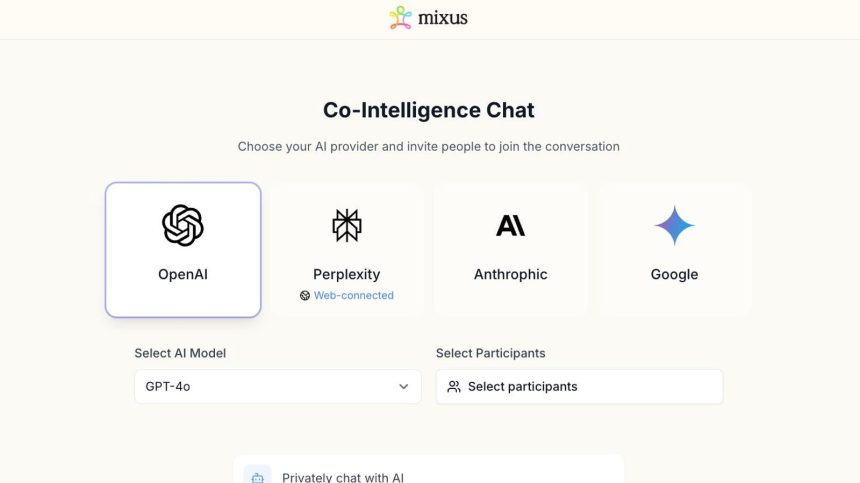The advent of artificial intelligence has revolutionized information access, with AI-powered search engines offering unprecedented speed and convenience. However, the accuracy of these AI-generated results has often been a point of contention, prompting the need for verification mechanisms. Addressing this challenge, a new startup, mixus.ai, has emerged, pioneering a collaborative platform that integrates human expertise into the AI search process, effectively embodying the “trust but verify” principle in the realm of digital information retrieval.
Mixus.ai, co-founded by Elliot Katz and Shai Magzimof, allows users to conduct standard AI searches on any platform of their choice, including ChatGPT, Gemini, Perplexity, or Claude. The unique feature of mixus.ai lies in its ability to connect users with human experts relevant to their search queries. Recognizing the inherent limitations of AI, which studies have shown can produce incorrect responses over 50% of the time, mixus.ai leverages human knowledge and experience to refine and validate AI-generated results. This integration of human intellect provides users with greater confidence in the information they receive.
The platform operates by recommending individuals with relevant expertise, experience, or knowledge based on the user’s AI query. These individuals are then incorporated into the user’s chat, enabling a collaborative discussion that combines the speed of AI with the nuanced understanding of human experts. This collaborative approach aims to mitigate the risks associated with relying solely on AI-generated information, which can be prone to inaccuracies and biases.
To ensure the credibility of the experts involved, mixus.ai employs a verification process. Potential experts are required to complete a form and provide identification, such as a driver’s license. They can also link their professional or social media profiles to further substantiate their expertise. Furthermore, a crowdsourced rating system allows users to assess and contribute to the evaluation of an expert’s credibility based on their past contributions and responses within the platform. This transparent evaluation system promotes accountability and helps users gauge the reliability of the information provided.
Since its launch following a beta phase on LinkedIn and a successful introduction at Stanford University, mixus.ai has witnessed rapid growth, attracting thousands of users, including major corporations. The platform’s appeal extends to various sectors, with applications ranging from academic research and educational support to personal health and travel planning. The positive reception at Stanford University, where it is being integrated into coursework, highlights its potential as a valuable learning and collaboration tool. Students and faculty alike are utilizing mixus.ai to enhance research, problem-solving, and decision-making processes.
Mixus.ai offers a tiered subscription model, ranging from free access to premium plans for individuals and teams, as well as customized enterprise solutions. The different subscription levels cater to varying needs based on user numbers, AI chat message volume, private group membership, and other factors. The platform’s flexible pricing structure makes it accessible to a wide range of users, from individual researchers to large organizations.
The development of mixus.ai represents a significant step towards harnessing the combined power of artificial and human intelligence. By integrating human expertise into the AI search process, mixus.ai provides a more robust and reliable approach to information retrieval. The platform’s early success suggests a promising future for this collaborative model, potentially setting a new standard for information access in the age of AI. While the platform is still in its early stages, the founders acknowledge the continuous learning and iteration process required to refine and expand its capabilities. As mixus.ai evolves, it promises to further bridge the gap between AI and human intelligence, paving the way for a more informed and collaborative digital future.



